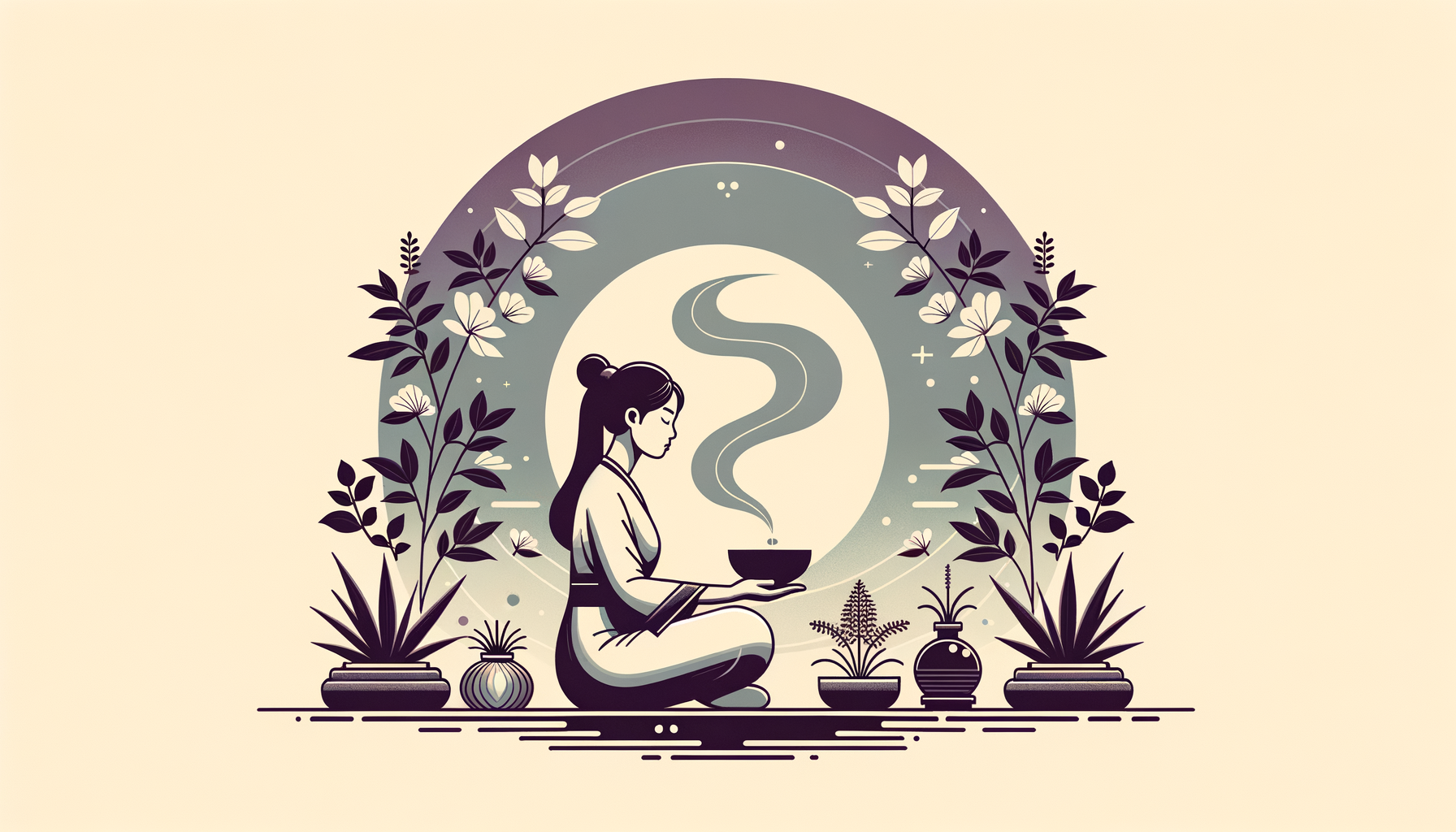Introduction
The world around us is a symphony of sensory experiences, with our senses acting as the orchestra, playing the music of life. Among these senses, the sense of smell often takes a backseat, overshadowed by the more dominant senses of sight and hearing. However, the power of scent is profound, with the ability to transport us to different places, evoke memories, and significantly, alter our moods. This article delves into the fascinating world of aromas and their role in mood enhancement.
Understanding Aromatherapy

Aromatherapy, a term coined in the early 20th century, is a holistic healing treatment that uses natural plant extracts to promote health and well-being. It employs aromatic essential oils medicinally to enhance the health of the body, mind, and spirit. It is an age-old practice, with roots tracing back to ancient civilizations, including the Egyptians, Chinese, and Indians, who incorporated aromatic plant components in resins, balms, and oils.
These natural substances were used for medical and religious purposes, demonstrating the long-standing recognition of the therapeutic properties of scents. Today, aromatherapy is incorporated into a holistic approach to health and wellness. It is used in a variety of settings, from spas and wellness centers to homes and offices, to create an environment conducive to relaxation, concentration, and overall well-being.
The science behind aromatherapy lies in the complex chemical interactions between the essential oils and the human brain. When inhaled, the scent molecules travel from the olfactory nerves directly to the brain and impact the amygdala, the emotional center of the brain. Different essential oils can trigger different responses in the brain, which leads to mood enhancement, relaxation, and a reduction in stress.
Scents and Emotions
The connection between scents and emotions is not merely anecdotal. It is deeply rooted in our biology. The olfactory system has a direct link to the limbic system, the part of the brain that controls emotions, memory, and certain aspects of personality. Therefore, a scent can evoke specific emotional responses, and these responses can be harnessed for mood enhancement.
For instance, lavender is renowned for its calming properties. The scent of lavender can reduce anxiety and improve sleep. On the other hand, citrus scents like lemon and orange are known to be uplifting, enhancing mood and promoting alertness. Similarly, peppermint is often associated with increased concentration and mental clarity.
The emotional responses to scents are also influenced by personal experiences and cultural associations. A scent that is calming for one person may evoke a different response in another, depending on their personal and cultural associations with that particular aroma.
Mood Enhancement Techniques
There are several ways to harness the power of scents for mood enhancement. One of the most common methods is through the use of essential oils in aromatherapy. Essential oils can be diffused into the air using a diffuser, applied topically, or used in a bath or massage.
Another method is through the use of scented candles or incense. These not only fill the environment with a pleasant aroma but also create a soothing ambiance. Scented lotions and body washes can also provide a mood boost.
In addition to these methods, certain foods and drinks can also impact mood through their aroma. For instance, the smell of coffee can stimulate the senses and enhance mood, while the scent of chamomile tea can have a calming effect.
Conclusion
In conclusion, scents play a significant role in mood enhancement. Through the practice of aromatherapy and the use of scents in our daily lives, we can harness the power of aromas to improve our emotional well-being. As we navigate through the symphony of life, let us not forget to stop and smell the roses, for in their scent may lie the key to a happier and healthier life.





